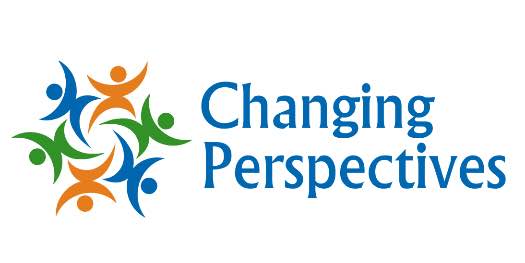Many of today’s parents and teachers came of age in the 1980s and 1990s — a time when the self-esteem movement was in its zenith. Self-esteem was supposed to be a panacea for a variety of social challenges, from substance abuse to violent crime. The research, however, did not support such broad claims.
If teachers and parents want children to develop resilience and strength, a better approach is to teach them self-compassion, said Dr. Kristin Neff, a psychology professor at the University of Texas and author of Self-Compassion: The Proven Power of Being Kind to Yourself. “Self-esteem is a judgment about how valuable I am: very valuable, not so good, not valuable at all.” Read more from KQED News.
How Self-Compassion Supports Academic Motivation and Emotional Wellness
Interested in a Workshop?
Whether a single workshop, several, or a workshop customized for you, your school, and your needs, Changing Perspectives can help.
